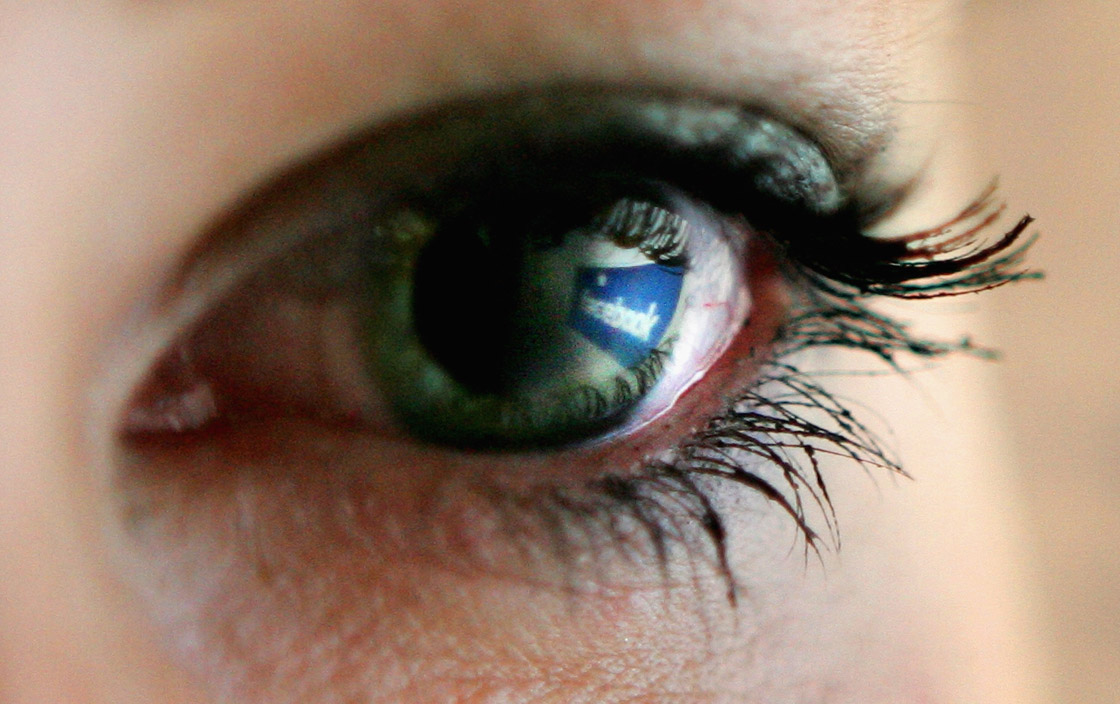TORONTO – “I’m not on Facebook to participate in a science experiment.”

That sentiment, expressed by Toronto-area Facebook user Patrick Mott, has been echoed online by thousands of other users outraged by a controversial study in which Facebook manipulated users’ newsfeeds to measure their emotional response.
“It didn’t sit well with me when I read about Facebook’s behavioral targeting,” Mott told Global News via email. “I’ve wanted to leave Facebook for a few years now – especially when it continues to breach its users’ trust.”
The study, conducted over two years ago, involved manipulating nearly 700,000 newsfeeds to show users either more positive or negative posts. Researchers found that the more positive posts users were exposed to, the happier their status updates were – and vice versa.
READ MORE: Canada’s privacy czar looking into Facebook’s emotion manipulation study
Facebook maintains that the research falls in line with its Data Use policy that users agree to when signing up for the site, which includes the use of users’ information “for internal operations, including troubleshooting, data analysis, testing, research and service improvement.”
But users are crying foul over the experiment, saying they were unknowingly used as guinea pigs by the social networking giant.
And Mott isn’t the only one thinking about pulling the plug on his account.
Graham Jenkin, COO of startup platform Angel List, tweeted a screenshot of his account deactivation Wednesday.
Other users took to Twitter using the hashtag #FacebookExperiment to announce they had deactivated their accounts over the study.
The social networking giant has been forced to apologize to users as outrage over the study continues to grow.
“We clearly communicated really badly about this and that we really regret,” said Facebook’s chief operating officer Sheryl Sandberg during an interview with NDTV in India.
READ MORE: Journal that published Facebook’s emotion study expresses concern over methods
The study’s lead author also published a public apology over the weekend, adding that the study’s motivations were not clearly stated.
“My co-authors and I are very sorry for the way the paper described the research and any anxiety it caused. In hindsight, the research benefits of the paper may not have justified all of this anxiety,” said Facebook data scientist Adam Kramer.
Privacy concerns run amok on Facebook
This latest issue isn’t the first time Facebook’s actions have sent users running for the hills, scared for their privacy. Many users contacted Global News to say they deactivated their accounts years ago due to privacy concerns.
Toronto resident Justin Pierre deleted his account in 2010 in hopes of keeping his online image under control.
“The benefits of having Facebook definitely didn’t outweigh how I felt about a company cataloging everything about me,” Pierre told Global News.
“We’ve learned to protect our personal information because it is extremely valuable and sensitive. I don’t think it should be given up to a corporation more easily than it should be given up to a government.”
Pierre added he felt the emotion manipulation study was far from Facebook’s worst move in terms of user trust.
“The introduction of their Graph Search last year was a lot more damaging in terms of drastically changing the experience in unexpected ways,” he said.
Graph Search, implemented to Facebook’s entire user base a year ago, allows users to make hyper-specific searches and sift through other users general profile information more easily without needing to be friends. The tool was widely criticized for being “too creepy.”
READ MORE: Worried about Facebook Graph Search? Clean up your privacy settings
“All of a sudden you are connected to far more things and come up in many more searches – maybe when you’re only tangentially related to that search phrase. That made me happy I wasn’t a member,” Pierre said.
Bretton MacLean, a Toronto-based app developer, quit Facebook over four years ago after feeling like a “hypocrite” for being concerned with his privacy.
“Even if you have your profile on high security settings, you’re only as secure as the least secure person in your network,” MacLean said via email. “Just being in a photo album with someone that has the default ‘open to all’ settings basically gives the world a window to your life.”
MacLean said he “wasn’t at all” surprised to hear about the emotion manipulation study, but added that many users turn a blind eye to Facebook’s actions.
“It didn’t take a law degree to see that you were effectively signing everything over to Facebook by agreeing to their terms. When people started noticing, they tried to cover their ass by saying “but you own all your data,” he said.
“Ownership of the original 1’s and 0’s doesn’t mean squat when you’re giving someone the right to use, modify, and sell their information… but most people seemed to be placated by that.”




Comments